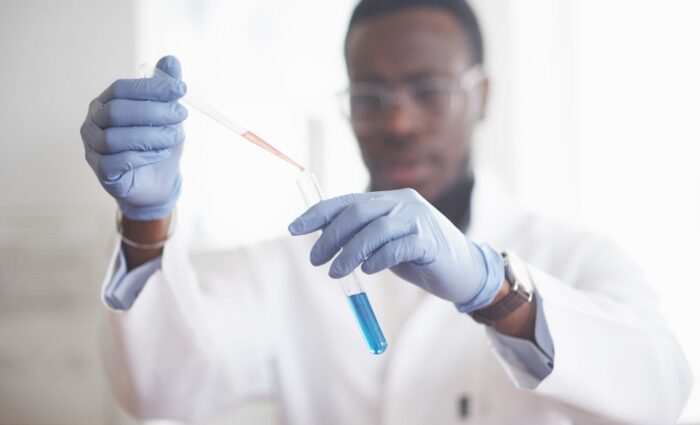By Doris Obinna
A new report has revealed that one in four paternity tests in Nigeria still returns negative, underscoring deep-seated family anxieties and cultural dynamics around trust and parenthood.
The 2025 Annual DNA Testing Report, released by Smart DNA Nigeria, the country’s leading testing centre, covers data from July 2024 to June 2025 and offers a rare glimpse into how science is reshaping family life.
According to the findings, 25 per cent of presumed fathers tested were not the biological parents of the children in question, a slight drop from 27 per cent in 2024 but still a striking indicator of entrenched paternity concerns. Firstborn children were disproportionately affected, with firstborn sons showing the highest discrepancy rates at 64 per cent.
The study also documented a sharp rise in immigration-related DNA testing, which made up 13.1 per cent of all cases, a surge linked to the “Japa” phenomenon, Nigeria’s wave of mass emigration. Families preparing documents for relocation or dual citizenship increasingly turned to DNA testing to prove biological ties demanded by foreign governments.
Gender patterns revealed that men were overwhelmingly the drivers of DNA inquiries, initiating 88.2 per cent of tests compared to just 11.8 per cent by women. Nearly half of these men were over 41 years old, a trend analysts connect to the financial stability required to pursue testing and long-standing doubts resolved later in life.
Children under five were most frequently tested, accounting for 58.6 per cent of cases, suggesting a growing preference for settling questions of paternity early. Male children were tested more often than female children, at 53.8 per cent versus 46.2 per cent, reflecting cultural concerns around inheritance and lineage.
Geographically, Lagos dominated testing, with 69 per cent of all cases. While Mainland testing declined, the Island, particularly Lekki, saw significant growth. Yoruba clients made up 53 per cent of all cases, followed by Igbo at 31.3 per cent, with minimal participation from Hausa families at 1.2 per cent.
The report further noted that 83.7 per cent of clients sought testing for personal reassurance rather than legal obligations, with only 1.4 per cent being court-mandated. In most cases, families tested only one child, pointing to targeted suspicions rather than general doubt.
Operations Manager, Smart DNA, Elizabeth Digia, said the findings reflect more than just scientific data. “These statistics tell us something profound about trust, relationships, and the legal and economic realities of Nigerian families today,” she noted, emphasising the need for sensitivity in handling the life-changing outcomes of DNA testing.
The report urged lawmakers to address gaps in Nigeria’s legal framework, pointing out that, unlike South Africa, the country has no laws against paternity fraud, leaving men with few remedies after years of supporting children proven not to be theirs.
It also recommended public health initiatives to normalise discussions on paternity, combat misconceptions that DNA testing is only for the wealthy, and integrate testing into family health and premarital programmes.
With its latest findings, Smart DNA’s report highlights the uneasy intersection of science, culture, and law in Nigeria, where questions of trust, migration, and inheritance continue to shape family life in profound ways.


